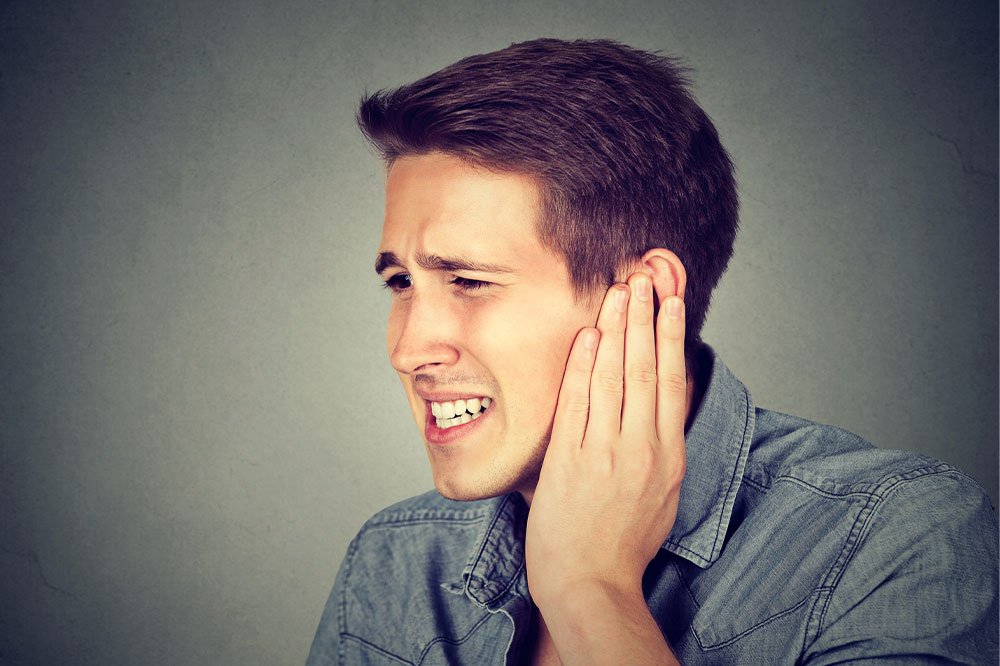4 unusual questions to ask an oncologist
If you’ve been diagnosed with cancer and undergoing treatments, it can be an overwhelming experience. It takes a toll on your physical and mental health. Sometimes there can be concerns about health that you may not have an answer to, and you may feel embarrassed talking to an oncologist. However, there is nothing wrong with asking those questions. Here are some of those embarrassing questions that you can ask an oncologist. Does cancer treatment affect bowel control? Some side effects of cancer treatments like surgery or radiation therapy can involve some bladder and bowel complications. This includes symptoms like constipation, diarrhea, or even urinary incontinence. It is important to understand the extent of these side effects and prepare yourself to prevent any shocks. Does chemotherapy or radiation affect sex life? Studies have suggested that going through long phases of chemotherapy or radiation can possibly cause sexual dysfunction in some people. This can mean side effects like erectile dysfunction, vaginal dryness, and also decreased libido. Usually, the side effects are temporary and last till the treatment process. However, sometimes, there may also be long-term side effects. This may also depend on the dosage of the treatment and the duration of it.
Read More 









